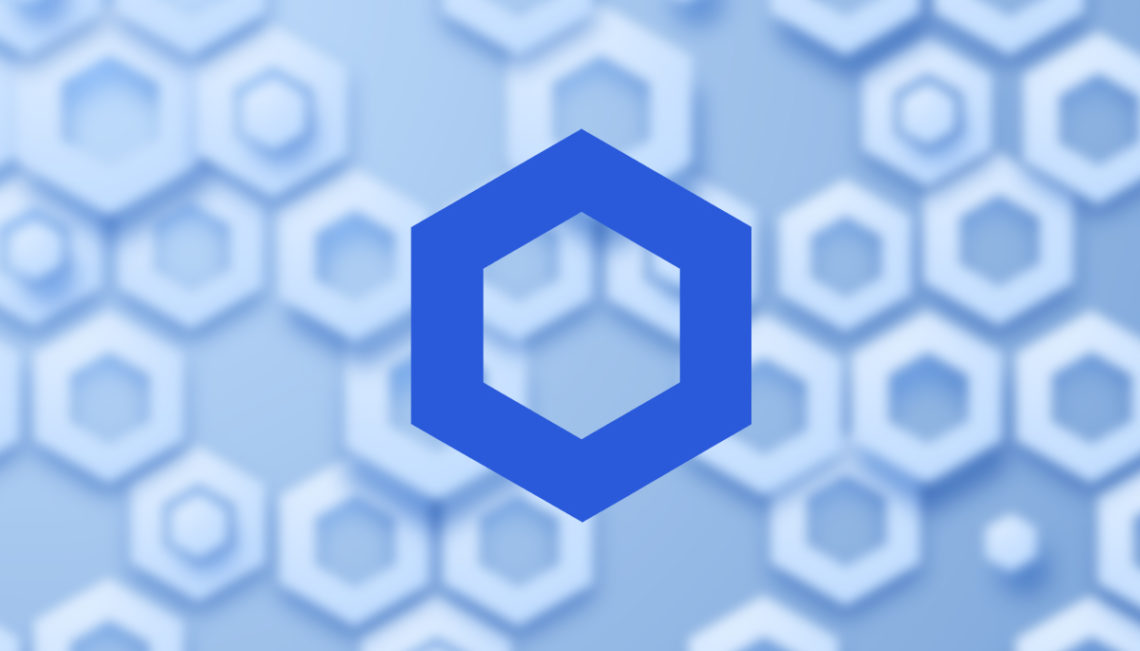- Chainlink has developed new methods to create dynamic non-fungible tokens (NFTs).
- An Oracle network will help current NFTs interact with the outside world and change their state accordingly.
- NFTs were static before this method as they were employed on a non-alterable blockchain.
- Through methods subclassified under four broad categories, minting NFTs will be allowed by Oracles
At its core, Chainlink is a network of oracles that links smart contracts to real-world organizations and data. As NFTs are created on a blockchain network, it is impossible to change their stats to reflect real-world data. Thus, it has always been a fixed-value asset. However, all that is set to change with the onset of dynamic NFTs where developers can access APIs, IoT service providers, or any other data system and automatically evaluate their assets in real-time. New methods to mint dynamic NFTs are classified under four broad categories:
Competition-based:
One technique used for the peer-to-peer transfer of NFTs within a digital game is ranking its players. Naturally so, as it makes sense to ensure that a player can claim ownership of an NFT only as long as he/she is ranked higher in the leaderboard. Chain Link now makes it possible for data to be fetched from off-chain servers for feeding into a smart contract. Moreover, developers can leverage the network’s native Verifiable Randomness Function (VRF) to ensure that NFTs are valued in an unbiased manner. Similar to the phenomenal Pokémon GO, NFTs can also be placed in real-world sites for people to find and claim ownership. Moreover, in NFTs such as sports cards, a player’s current value can be fed into the network to value the corresponding NFT accordingly.
Governance and reward-based:
The oracle network can link web APIs to smart contracts to mint tokens relating to rare events of historical significance. In a fascinating development in this field, there is a pilot project to reward users on the chain upon completing any real-world activity such as fitness or yoga or even academic scores. Doing so would provide proper incentives to maintain real-world commitments. Any event which involves mass participation can also be suitably rewarded with tokens according to the developers’ choice. Voting systems can also be incorporated via the oracle network.
Legitimacy-based:
In one of the most promising uses of NFTs, physical assets can be tokenized and their identity verified by a simple query of the chain. This increases the entity’s value as well as reduces forgeries. In another incubated experiment, NFTs are also used to verify certificates of any kind as long as it is entered on the blockchain.
Value-based:
Its worth off-chain can easily value entities such as property, land, or any physical commodity for that matter. Once tokenized, assets and deeds will become immutable, but the oracle network can enable its proper updates on the chain. Chainlink oracles also guarantee that NFTs can be used to represent something as cash flows and interest on loans by leveraging its ability to connect smart contracts to off-chain trusted data sources.
Thus, dynamic NFTs can be revolutionary in radicalizing the blockchain realm.

With a background in journalism, Ritika Sharma has worked with many reputed media firms focusing on general news such as politics and crime. She joined The Coin Republic as a reporter for crypto, and found a great passion for cryptocurrency, Web3, NFTs and other digital assets. She spends a lot of time researching and delving deeper into these concepts around the clock, and is a strong advocate for women in STEM.


 Home
Home News
News







